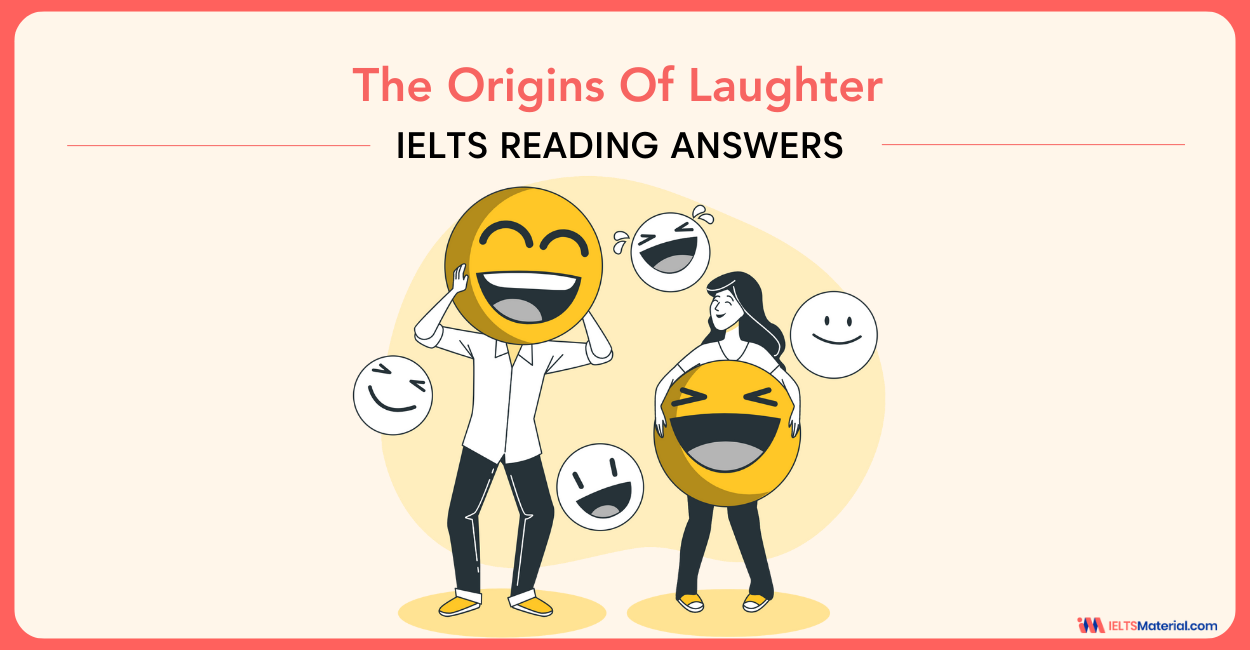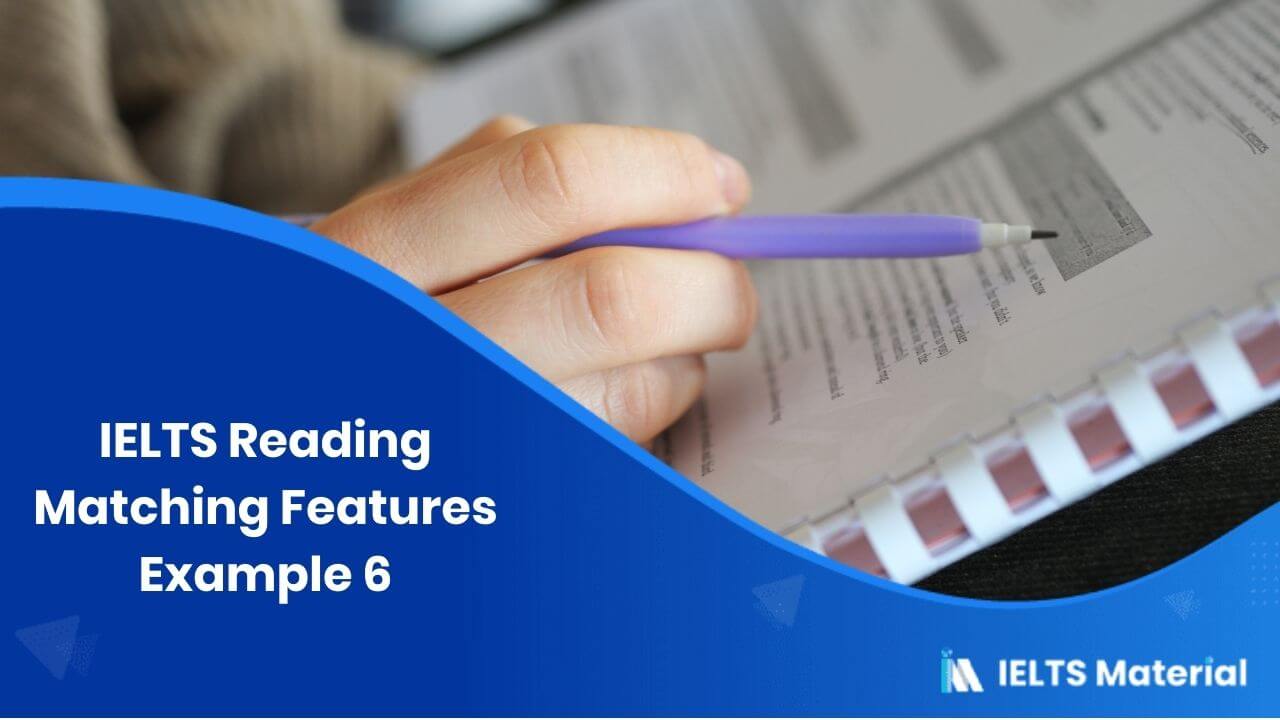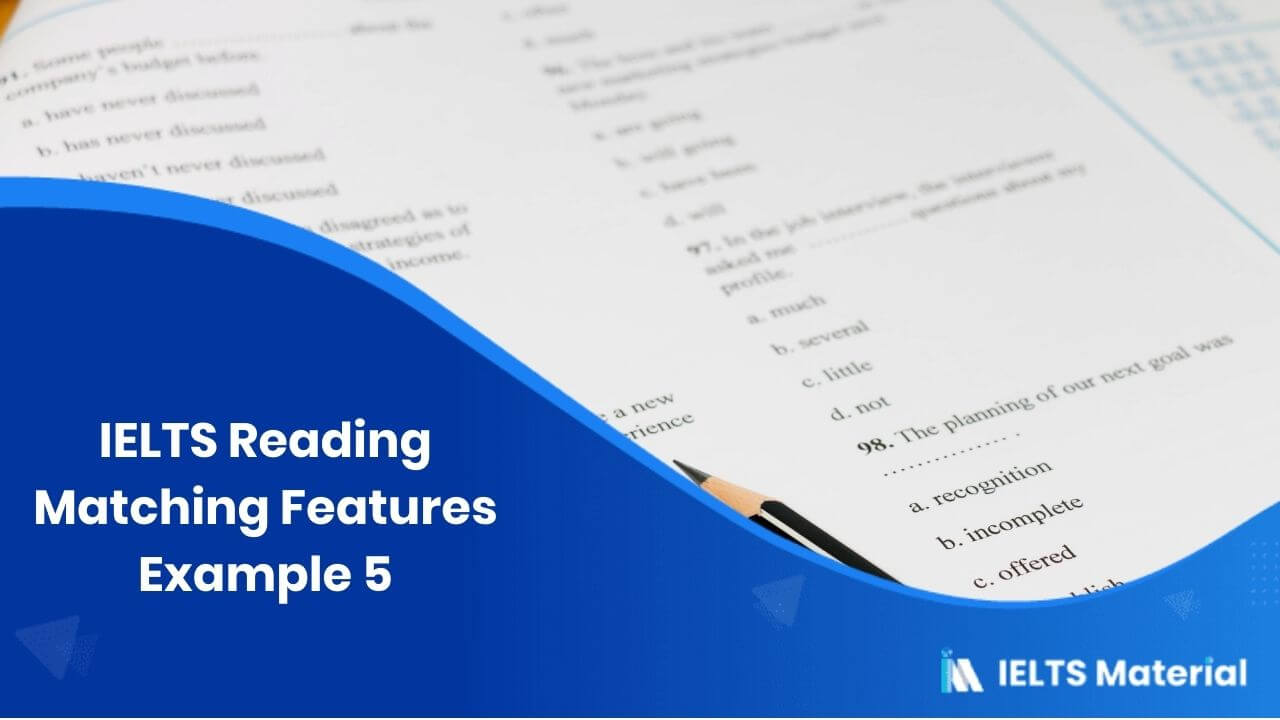IELTS Reading Matching Features Example 6
Table of Contents
Limited-Time Offer : Access a FREE 10-Day IELTS Study Plan!
How Baby Talk Gives Infant Brains A BoostA. Fathers don’t use baby talk as often or in the same ways as mothers – and that’s perfectly OK, according to a new study. Mark Van Dam of Washington State University at Spokane and colleagues equipped parents with recording devices and speech-recognition software to study the way they interacted with their youngsters during a normal day. ‘We found that moms do exactly what you’d expect and what’s been described many times over,’ VanDam explains. ‘But we found that dads aren’t doing the same thing. Dads didn’t raise their pitch or fundamental frequency when they talked to kids.’ The idea is that a kid gets to practice a certain kind of speech with mom and another kind of speech with dad, so the kid then has a wider repertoire of kinds of speech to practice,’ says VanDam. Scientists from the University of Washington and the University of Connecticut collected thousands of 30-second conversations between parents and their babies, fitting 26 children with audio-recording vests that captured language and sound during a typical eight-hour day. The study found that the more baby talk parents used, the more their youngsters began to babble. And when researchers saw the same babies at age two, they found that frequent baby talk had dramatically boosted vocabulary, regardless of socioeconomic status. Those children who listened to a lot of baby talk were talking more than the babies that listened to more adult talk or standard speech,’ says Nairan Ramirez-Esparza of the University of Connecticut. ‘We also found that it really matters whether you use baby talk in a one-on-one context,’ she adds. The more parents use baby talk one-on-one, the more babies babble, and the more they babble, the more words they produce later in life.’ B. In a study published in Proceedings of the National Academy of Sciences, a total of 57 babies from two slightly different age groups – seven months and eleven and a half months – were played a number of syllables from both their native language (English) and a non-native tongue (Spanish). The infants were placed in a brain- activation scanner that recorded activity in a brain region known to guide the motor movements that produce speech. The results suggest that listening to baby talk prompts infant brains to start practicing their language skills. Finding activation in motor areas of the brain when infants are simply listening is significant, because it means the baby brain is engaged in trying to talk back right from the start, and suggests that seven-month-olds’ brains are already trying to figure out how to make the right movements that will produce words,’ says co-author Patricia Kuhl. Another interesting finding was that while the seven-month-olds responded to all speech sounds regardless of language, the brains of the older infants worked harder at the motor activations of non-native sounds compared to native sounds. The study may have also uncovered a process by which babies recognize differences between their native language and other tongues. |
Questions 1-4
Look at the following ideas (Questions 1-4) and the list of researchers below.
Match each idea with the correct researcher, A, B, or C.
Write the correct letter, A, B or C, in boxes 1-4 on your answer sheet.
NB You may use any letter more than once.
- the importance of adults giving babies individual attention when talking to them
- the connection between what babies hear and their own efforts to create speech
- the advantage for the baby of having two parents each speaking in a different way
- the connection between the amount of baby talk babies hear and how much vocalizing they do themselves
List of Researchers
- Mark VanDam
- Nairán Ramirez-Esparza
- Patricia Kuhl
Answers
|
Explanation
Unlock Explanation
| For the first question, the answer is in the first paragraph, seventeenth line; “‘We also found that it really matters whether you use baby talk in a one-on-one context,’ she adds. ‘The more parents use baby talk one-on-one, the more babies babble, and the more they babble, the more words they produce later in life.’”
For the second question, the answer is in the second paragraph, sixth line; “Finding activation in motor areas of the brain when infants are simply listening is significant, because it means the baby brain is engaged in trying to talk back right from the start, and suggests that seven-month-olds’ brains are already trying to figure out how to make the right movements that will produce words,’ says co-author Patricia Kuhl.” The third answer is in the first paragraph, seventh line; “The idea is that a kid gets to practice a certain kind of speech with mom and another kind of speech with dad, so the kid then has a wider repertoire of kinds of speech to practice,’ says VanDam.” The fourth answer is in the first paragraph, fifteenth line; “Those children who listened to a lot of baby talk were talking more than the babies that listened to more adult talk or standard speech,’ says Nairan Ramirez-Esparza of the University of Connecticut.” |
Also check:
Practice IELTS Reading based on question types
Start Preparing for IELTS: Get Your 10-Day Study Plan Today!
Explore other Matching Features Questions
Recent Articles

Kasturika Samanta

Kasturika Samanta

Janice Thompson








Post your Comments